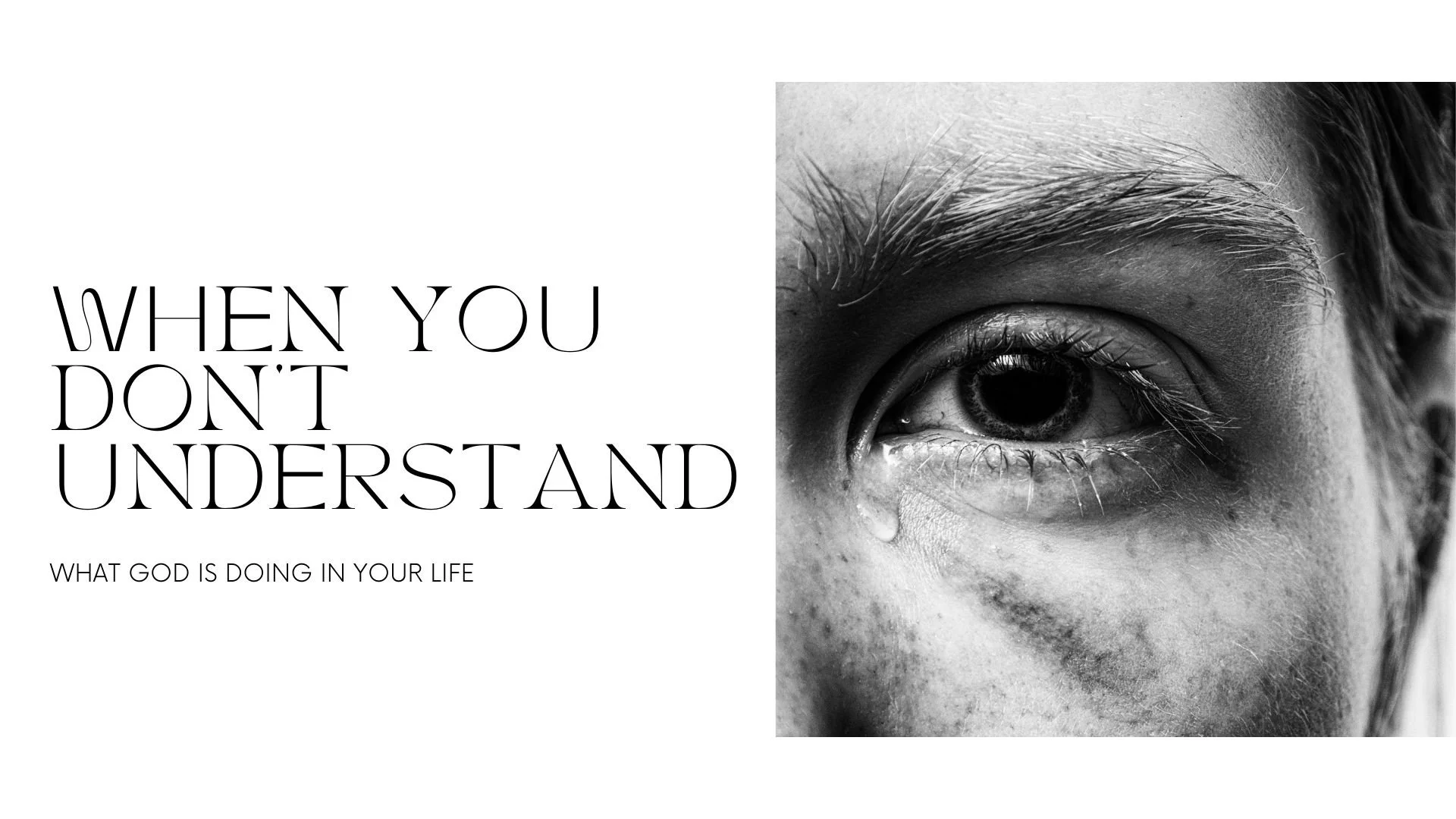If you know these things...
Foot Washing?
Have you ever participated in a foot washing ceremony? It is also called the ordinance of humility and it is not practiced widely in Christianity today as a part of worship. There are many possible reasons for why the majority do not wish to participate in foorwashing, and I believe many of them are likely related to people simply not wanting to come into contact with someone else’s feet. Some argue that people wear shoes and drive cars and their feet are not dirty so there is no real need. To that I reply that maybe there is more to it than simply cleaning the dirt off of someone’s feet, just like participating in communion is not about being physically hungry and thirsty.
Could it be that Jesus was teaching His followers something?
Could we benefit from participating in the ordinance of humily today?
Let’s take a closer look at what Jesus did, as recorded in John 13.
Context
Now before the Feast of the Passover, when Jesus knew that His hour had come that He should depart from this world to the Father, having loved His own who were in the world, He loved them to the end.
2 And supper being ended, the devil having already put it into the heart of Judas Iscariot, Simon’s son, to betray Him, 3 Jesus, knowing that the Father had given all things into His hands, and that He had come from God and was going to God, 4 rose from supper and laid aside His garments, took a towel and girded Himself. 5 After that, He poured water into a basin and began to wash the disciples’ feet, and to wipe them with the towel with which He was girded.
- John 13:1-5 NKJV
The first five verses of John 13 give us the context for the footwashing. The Feast of Passover was about to take place.
[Passover is] a sacred observance in Judaism that commemorates the climactic 10th plague in the book of Exodus, when Yahweh punishes Egypt by killing all the firstborn but “passes over” (פָּסַח, pasach) the firstborn of Israel (Exod 12:12–13), resulting in the Israelites’ deliverance from slavery in Egypt (Exod 12:14–17).
-Douglas Mangum, “Passover,” ed. John D. Barry et al., The Lexham Bible Dictionary (Bellingham, WA: Lexham Press, 2016).
Jesus knew that He would die as the paschal lamb for the sins of the world. Jesus knew he was going to suffer. Jesus loved us to the end, and He knew it would not be much longer until He departed from this world to the Father.
The meal was over.
The Devil had already put into the heart of Judas to betray Jesus.
Jesus knew that the Father had given all things into His hands. Jesus also knew that he had come from God and was going to God. Knowing all this, Jesus did not become proud, Jesus did not boast, Jesus instead humbled Himself. Knowing the ultimate reality of who He was and where He was going allowed Jesus to serve those around Him.
Jesus did not put down others so that He could feel superior. Jesus was not insecure in His position as master and teacher. Jesus knew who He was, He knew where He was going, and He lived out His life out of that knowledge. From His identity as the Son of God, from His identity as the Lamb of God who takes away the sin of the world (John 1:29), Jesus was free to live a life of service, a life of generosity, love and kindness. Jesus was firm when He needed to be, but He never had to posture, He was not concerned with how others might think less of Him if He served those He came to lead. Jesus identity and destiny were secured in the Father and Jesus is our perfect example.
So Jesus got up from the table, removed his covering garments and instead wrapped a towel around His waist. He then poured water into a basin and began to wash the disciples’ feet and wipe them with the towel He had wrapped around his waist.
Witnessing Jesus behaving made the disciples uncomfortable, but only Peter had the courage to speak up.
Are you washing my feet?
6 Then He came to Simon Peter. And Peter said to Him, “Lord, are You washing my feet?”
7 Jesus answered and said to him, “What I am doing you do not understand now, but you will know after this.”
8 Peter said to Him, “You shall never wash my feet!”
Jesus answered him, “If I do not wash you, you have no part with Me.”
9 Simon Peter said to Him, “Lord, not my feet only, but also my hands and my head!”
10 Jesus said to him, “He who is bathed needs only to wash his feet, but is completely clean; and you are clean, but not all of you.” 11 For He knew who would betray Him; therefore He said, “You are not all clean.”
- John 13:6-11NKJV
Perhaps Peter thought it was his role to step Jesus from washing his feet, to keep Jesus from ministering to him. Jesus knew that Peter could not understand what He was doing, so He explained to Peter that unless Peter allowed Him to wash his feet he would have no part with Him. This means we must allow Jesus to serve us, to wash us, to cleanse us. It is uncomfortable, but it also helps us comprehend the heart of God. The God of the Bible, the Creator, desires to save us, is willing to cleanse us, we just have to allow Him to.
Peter realizes his pride and his mistake so now he goes overboard asking Jesus to wash his hands and head as well. Jesus once again explains that since Peter had already been bather only his feet were dirty. I understand this to mean that once we are baptized and Jesus washes away our sins, we do not need to be rebaptized every time we mess up. I see communion as a mini re-baptism. Our feet get dirty living in this sinful world. It is not that we have abandoned Christ, only that we fall short and we rebel against God. Footwashing is an opportunity to have our sins forgiven and to recommit our lives to God.
Peter was far from perfect, but Jesus did not feel the need to wash all of Peter, only his feet would be enough. Interetingly, Jesus was also willing to wash the feet of Judas who would betray Him. Jesus did not only wash the feet of those who deserved it. Jesus washed everyone’s feet, giving everyone the opportunity to repent and be cleansed. When Jesus said, “you are not all clean” (John 13:11) this meant that the footwashing did not cleanse the one who in his heart had already decided to betray Jesus. The footwashing cleansed those who humbled themselves and allowed Jesus to wash their feet. But the condition of Judas’ heart prevented him from experiencing the blessings that Jeuss was offering. Pete was cleansed, along with all the disciples. But judas remained unclean even though Jesus had also washed his feet.
Maybe you feel like Peter, and at first you want to resist the idea of having anyone wash your feet. Maybe you don’t feel comfortable, maybe you believe you don’t deserve it. It is true, we do not deserve it. But we should not let pride keep us from receiving God’s grace. Also, this serves as a warning to not be like Judas. If you participate in the footwashing, but you are treasuring sin in your heart, it will not benefit you in any meaningful way. Your feet may be cleaner but no spiritual benefits will be gained.
Do you know what Jesus did for you?
12 So when He had washed their feet, taken His garments, and sat down again, He said to them, “Do you know what I have done to you? 13 You call Me Teacher and Lord, and you say well, for so I am. 14 If I then, your Lord and Teacher, have washed your feet, you also ought to wash one another’s feet. 15 For I have given you an example, that you should do as I have done to you. 16 Most assuredly, I say to you, a servant is not greater than his master; nor is he who is sent greater than he who sent him.
- John 13:12-16 NKJV
Jesus did not stop being Lord and Teacher because He washed the feet of His disciples. Jesus did not lose His identity when He chose to serve. Jesus was still their teacher, He remained their Lord, Jesus was still God when He was washing the feet of those twelve men, including the feet of the one who would betray Him. If Jesus was willing to wash the feet of twelve men who were infinitely inferior to Him in every way, what is your excuse for not wanting to wash someone’s feet?
Jesus was very clear. He gave us an example, that we should do as He did to His disciples. Jesus humbled Himself, we ought to humble ourselves. Jesus washed the feet of the disciples, we should wash each others’ feet and in the process gain a better understanding of the heart of God. Foot washing is not about dirty feet, it is about humbling ourselves. Footwashing is about following Jesus’ example and experiencing in a very small way Jesus willingness to humble Himself and serve others.
Blessed are you if you do
17 If you know these things, blessed are you if you do them.
- John 13:17 NKJV
Jesus made it very clear that if we know these things, we receive a special blessing if we do them. The blessing does not come from mere intellectual ascent. It is not sufficient to merely know what Jesus did. Knowing what Jesus did is great, but the blessing comes from following His example. The blessing comes when we do, when we live out the example Jesus left us.
Don’t miss out on the blessing, don’t allow this to remain as mere head knowledge. Now that we know what Jesus did, let us follow His example and do likewise.








